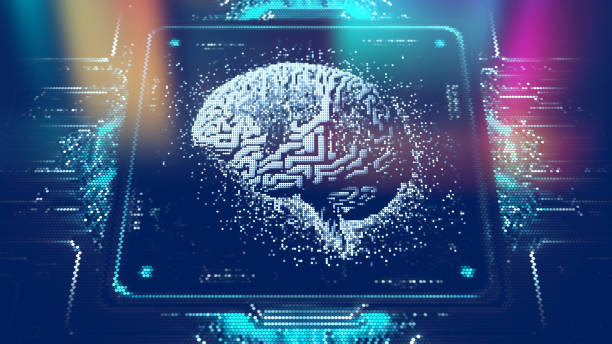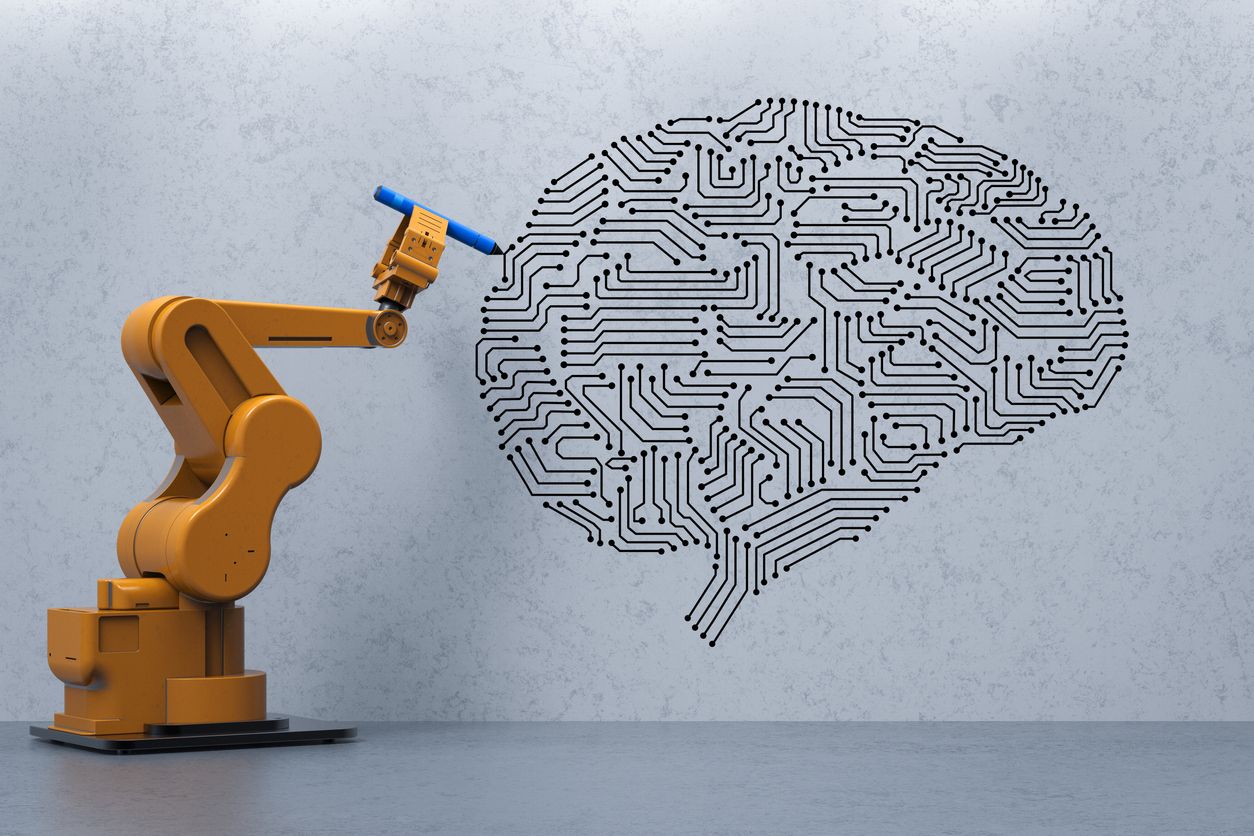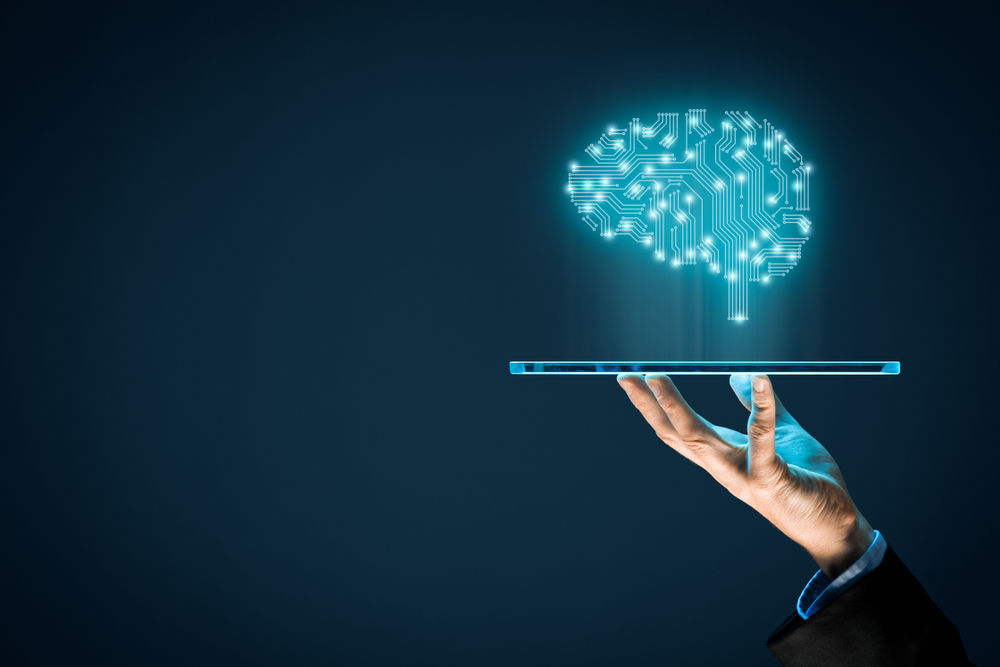Machine learning, or artificial intelligence, is a branch of computer science that allows computers to learn from data without being explicitly programmed. In other words, it allows computers to “figure things out” on their own. Although it has been around for years, machine learning is only now beginning to be harnessed in practical ways by businesses and professionals. Here are some reasons why AI is important today and how it can help your business.
Benefits of AI
Artificial intelligence has been proven to be beneficial in many different ways. Here are just a few:
1. AI can help us do more with less time and effort. With AI, we can automate tasks that currently take a lot of time and effort to complete. This can save us a significant amount of time and energy, which is especially important in today’s fast-paced world.
2. AI can help us make better decisions. AI can help us make better decisions about our own affairs, as well as the affairs of others. It can help us identify patterns and trends more quickly and accurately, which can lead to smarter decisions and improved outcomes.
3. AI can help us solve complex problems. AI has the ability to solve complex problems that would otherwise be impossible for humans to solve on our own. This could include tasks such as identifying potential threats or solving difficult mathematical equations.
4. AI has the potential to enhance human cognition and creativity. As artificial intelligence continues to grow in sophistication, it may eventually be able to enhance human cognition and creativity in ways that we cannot currently imagine. This could have huge implications for both individual productivity and society as a whole
How can AI help businesses?
Artificial intelligence can help businesses automate processes and improve decision-making skills. With the help of machine learning, AI can identify patterns, trends and correlations in data sets to make better decisions faster. AI can also be used to create predictive models that can forecast future outcomes. This can help businesses predict customer behavior and optimize their marketing efforts. By utilizing these tools, businesses can save time and money while improving their operations.
How can AI help people?
There are numerous reasons for why artificial intelligence can play a major role in helping humans. For starters, AI can help us process large amounts of data more quickly and accurately. In addition, AI can help us automate tasks that would otherwise be time-consuming or difficult to do manually. Finally, AI can provide guidance and support to people who are struggling with complicated tasks or problems.
Overall, all of these benefits underscore the importance of artificial intelligence in today’s machine learning landscape. It’s clear that AI has a lot to offer both organizations and individuals, and there’s no telling how far it will go in shaping our future.
Conclusion
With the ever-growing number of machines and devices in our lives, it is important that these devices are able to interact with each other in order to carry out their intended functions. Artificial intelligence (AI) is a key technology that allows machines to learn from experience and make decisions on their own, which is why it is so important for them to be integrated into our everyday lives. As AI continues to evolve, there will undoubtedly be even more applications for it in our day-to-day lives, and we can only hope that we can continue seeing its benefits for years to come.





